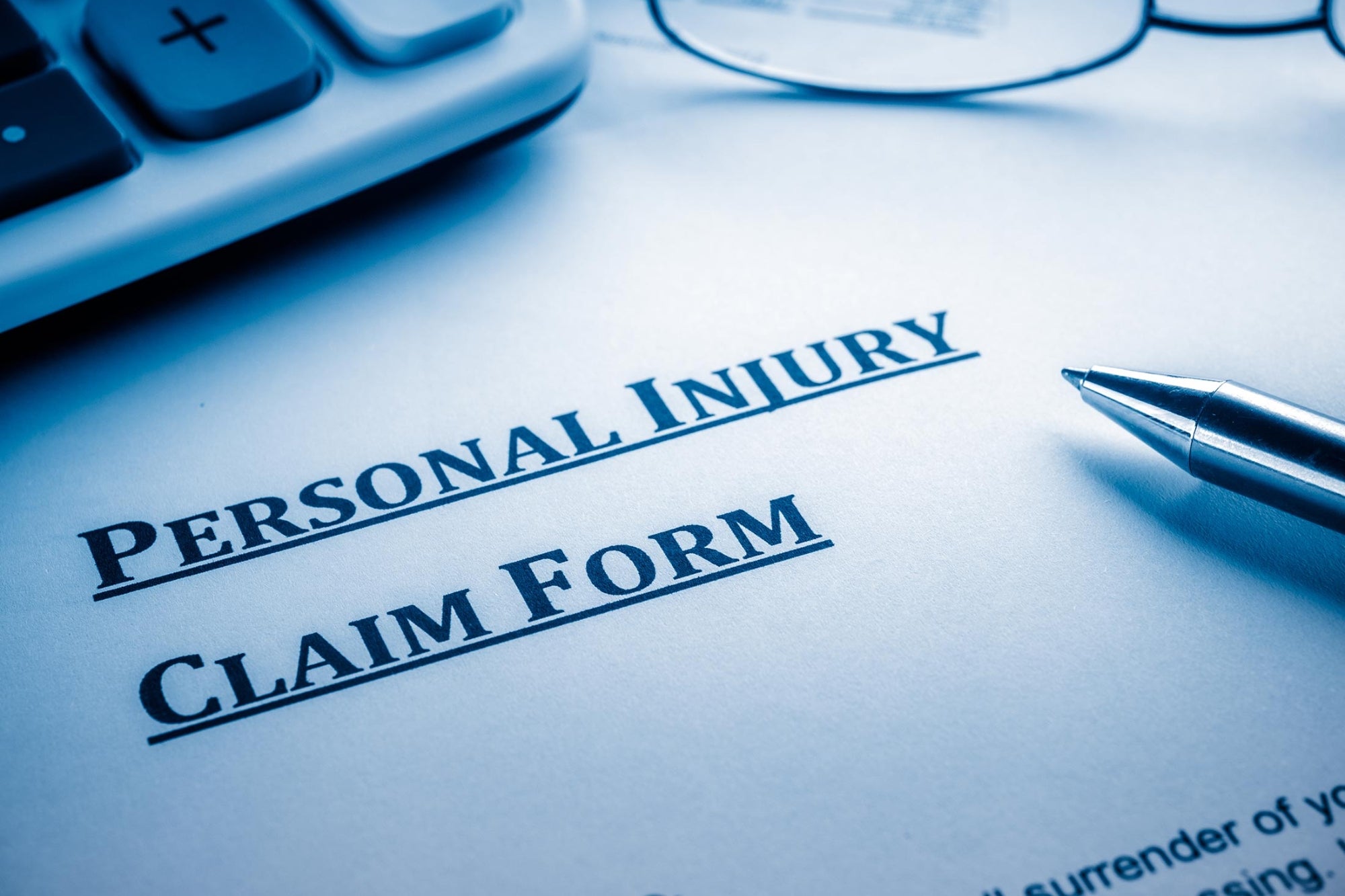
Opinions expressed by Entrepreneur contributors are their own.
The personal injury industry is worth roughly $53.1 billion as of 2022. The majority of these claims fall under motor vehicle accident claims or medical malpractice.
With more than 64,000 personal injury law firms in the United States, it’s an increasing reality that small business owners will face a claim against them or their insurance provider over the years.
Although a car accident claim may not be directly relevant to all small business owners, other types of personal injury claims are. More relevant claims would likely involve product liability or a workplace accident lawsuit.
For small businesses to grow, businesses to incorporate more services and offer their expertise to more people. But as business owners increase their reach, many will eventually encounter a situation involving a personal injury claim.
Personal injury claims are among the most common types of lawsuits filed. For example, in 2020, personal injury/product liability increased by 97% over the previous year.
Related: 7 Workplace Injuries That Can Put You Out of Business
Suppose someone is injured while on your property or by one of your products; you and or your insurance provider may be in a position to be held liable for the injury. But how could this have been avoided in the first place? Various factors play into establishing fault.
Accidents and the unforeseen occur constantly. It’s critical, though, to think as critically as possible and prepare yourself and your staff for the possibility of this situation. Savvy small business owners will know to not only be ready for this possibility but assume it will happen eventually.
Protect your team through adequate insurance coverage
At a minimum, small business owners are recommended to carry commercial general liability insurance. This will help support your staff in case of an injury on your property. It goes in tandem with creating a safe work environment, which is also critical. Keep floors clean, walkways available, and doors are clearly marked. If you work with specialized equipment, ensure all staff members are trained and certified to use said equipment.
Be up to date on the law and keep an evolving record
The rules that govern local small businesses include employment, environmental and product liability laws. Knowing the latest changes and amendments to these and related laws are essential, as they will impact your business operations. Keeping digital and printed records of all rules is recommended for quick accessibility and reference. Document everything if something occurs on your property leading to an accident, injury, or complaint. If you are sued or face a legal challenge, showing all your steps with written documentation can be hugely beneficial.
Related: What Happens When Self-Driving Cars Crash? The Legal Ramifications of Automation
Keep a written policy on customer service and be responsive to customer complaints
To minimize confusion and help your staff interact with customers, display your customer service policy for any patrons visiting your establishment or office. This policy should include clear guidelines for an emergency involving an injured guest or staff member. If anyone is injured on your premises, request medical assistance immediately. Taking any injuries seriously in this situation is paramount.
It may not be easy but keep a positive outlook
It’s understandable to feel stressed when faced with injuries and a potential personal injury suit against you or your insurance policy. You should consult with an experienced legal counsel in these scenarios. Many personal injury lawyers often also provide defense litigation services. Talking with a legal expert who knows both sides of the personal injury coin can go a long way in helping to provide you relief in a stressful situation.
Small business owners are expected to keep their products and property safe. This was what’s commonly referred to as the duty of care. Many personal injury claims will revolve around the legal claim that this duty was broken.
Duty of care is typically defined as a base requirement that a person be attentive, exercise caution, and be mindful while in public. The small business owner and their patron/user are expected to follow this. A personal injury case could be possible if one party is found to have acted in a directly negligent fashion.
Related: 5 Reasons Personal Injury Law Firms Are Thriving
Defending yourself and your business from an accusation of negligence will be a significant deciding factor in the validity of the case. This is why thinking ahead is crucial to running a successful business. In addition, speaking to a trusted legal counsel on potential issues that could arise in connection with your business will help to minimize risk and protect all parties.
https://www.entrepreneur.com/growing-a-business/the-growing-trend-of-personal-injury-impacts-on-small/452536

